.jpg)
Wikipedia founder Jimmy Wales has highlighted the ‘huge risk’ taken by Elon Musk in his proposed $44 billion takeover of Twitter, claiming the decisions that Musk makes in the near future could make or break the company over the next few years.
Having started Wikipedia back in 2001, Wales knows plenty about maintaining a successful online community, but is also knowledgeable about online free speech, a topic that the world’s richest man claims drove his decision to take over the social media platform.
While Musk has admitted that he wants to get rid of anonymous accounts and bots, he’s also spoken about reinforcing freedom of speech on Twitter, already stating that he will reinstate Donald Trump’s account when he finally gets the keys to the Twittersphere.
Advert
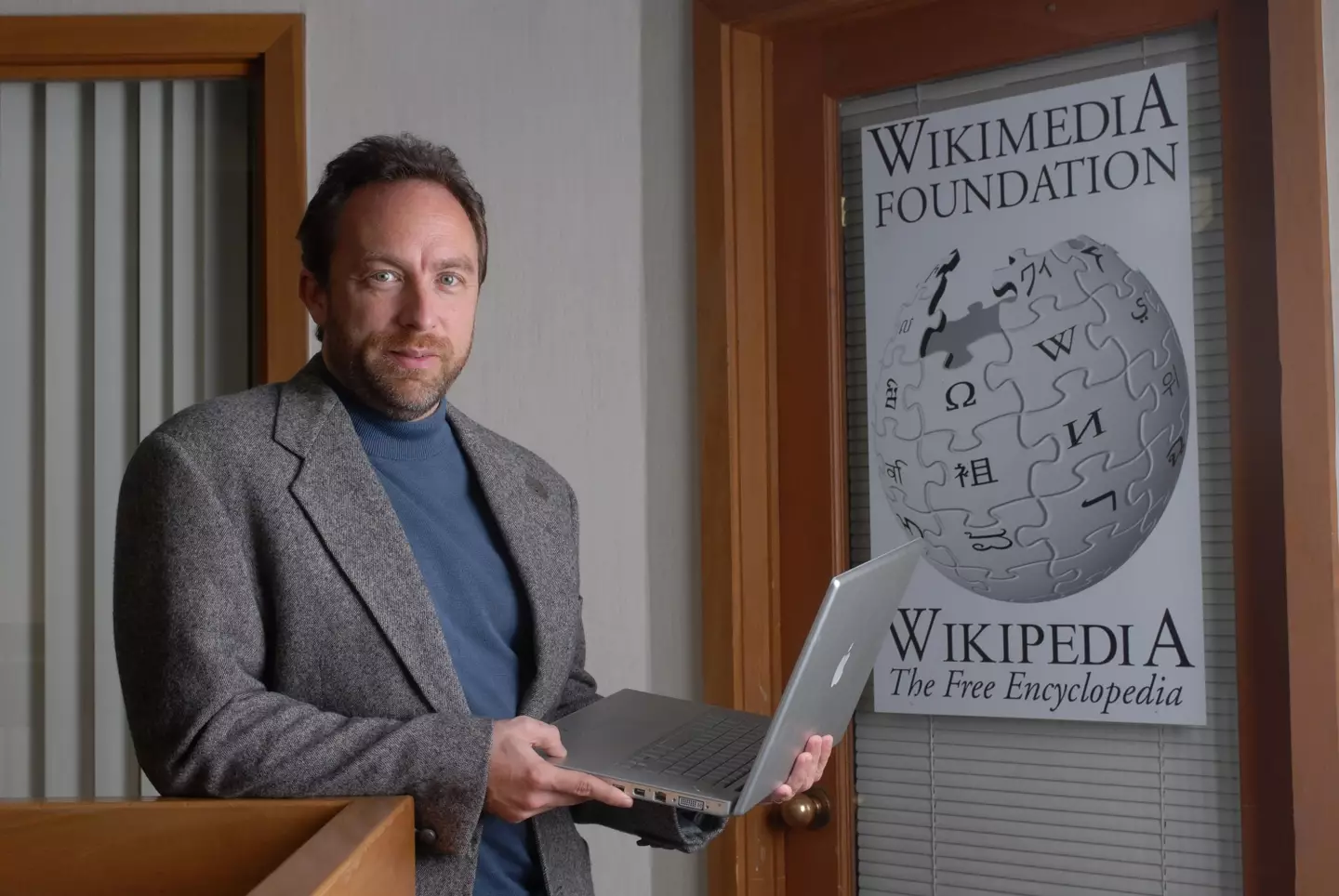
Wales, who has known the South African billionaire for ‘a long time’ although the pair aren’t ‘super close’, says that Musk’s next steps when it comes to running the show could make all the difference to Twitter’s future.
Speaking exclusively to LADbible, he said: “I think he’s got some good and bad ideas, based on his public statements.
“I’m not sure he’s thought it through as much as he’s possibly going to have to.
Advert
“On the other hand, Twitter in five years’ time could be much better than it is today, or Twitter could be dead in five years’ time, depending on the decisions he makes.
“We too often have this sense and feeling that the things that are with us today are a permanent reality.
“Then you have to remember – remember Myspace? – that was huge.
“Look at Facebook, which is still huge but has declined in terms of a lot of people’s use of the internet and use of the site.
Advert
“These things can change; new competitors can arise.
“It’s really hard to predict.”
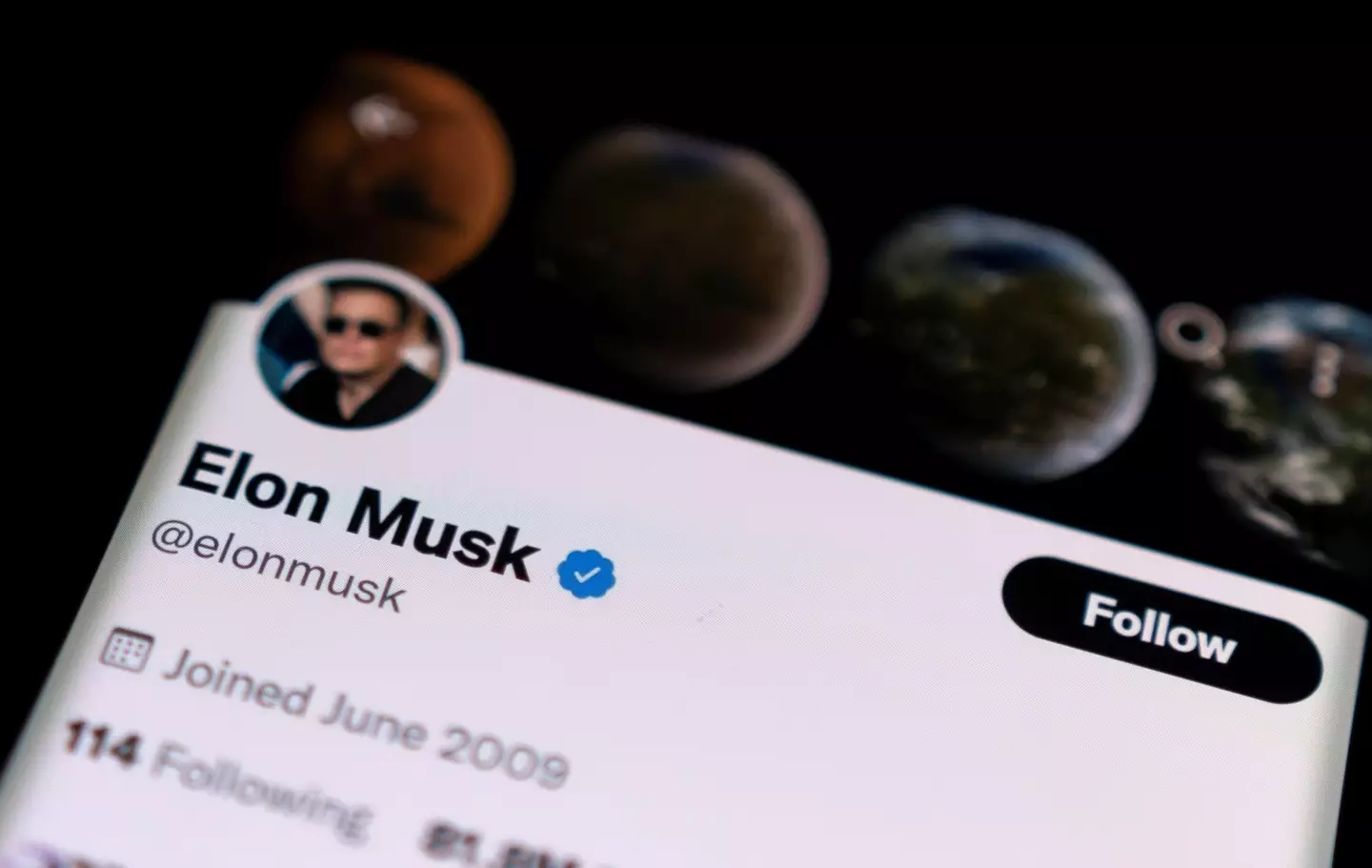
He continued: “What is great about Elon is that he’s willing to completely blow everything up and think outside the box, whereas you can easily imagine in a normal situation where the founders [of Twitter] have moved on, you could hire a succession of timid CEOs who are there to keep milking for money and make sure they don’t get sacked.
Advert
“Elon can afford to go ‘I’m going to take a huge gamble here and see what I can do with this’.
When he announced the purchase – although that process is still ongoing – Musk released a statement that read: "Free speech is the bedrock of a functioning democracy, and Twitter is the digital town square where matters vital to the future of humanity are debated.
"I also want to make Twitter better than ever by enhancing the product with new features, making the algorithms open source to increase trust, defeating the spam bots, and authenticating all humans.
“Twitter has tremendous potential – I look forward to working with the company and the community of users to unlock it."
Advert
On the point of verification of accounts, Wales argues that he sees ‘huge questions and problems’ with that, specifically mentioning those in communities where anonymity might allow for a richer discourse.
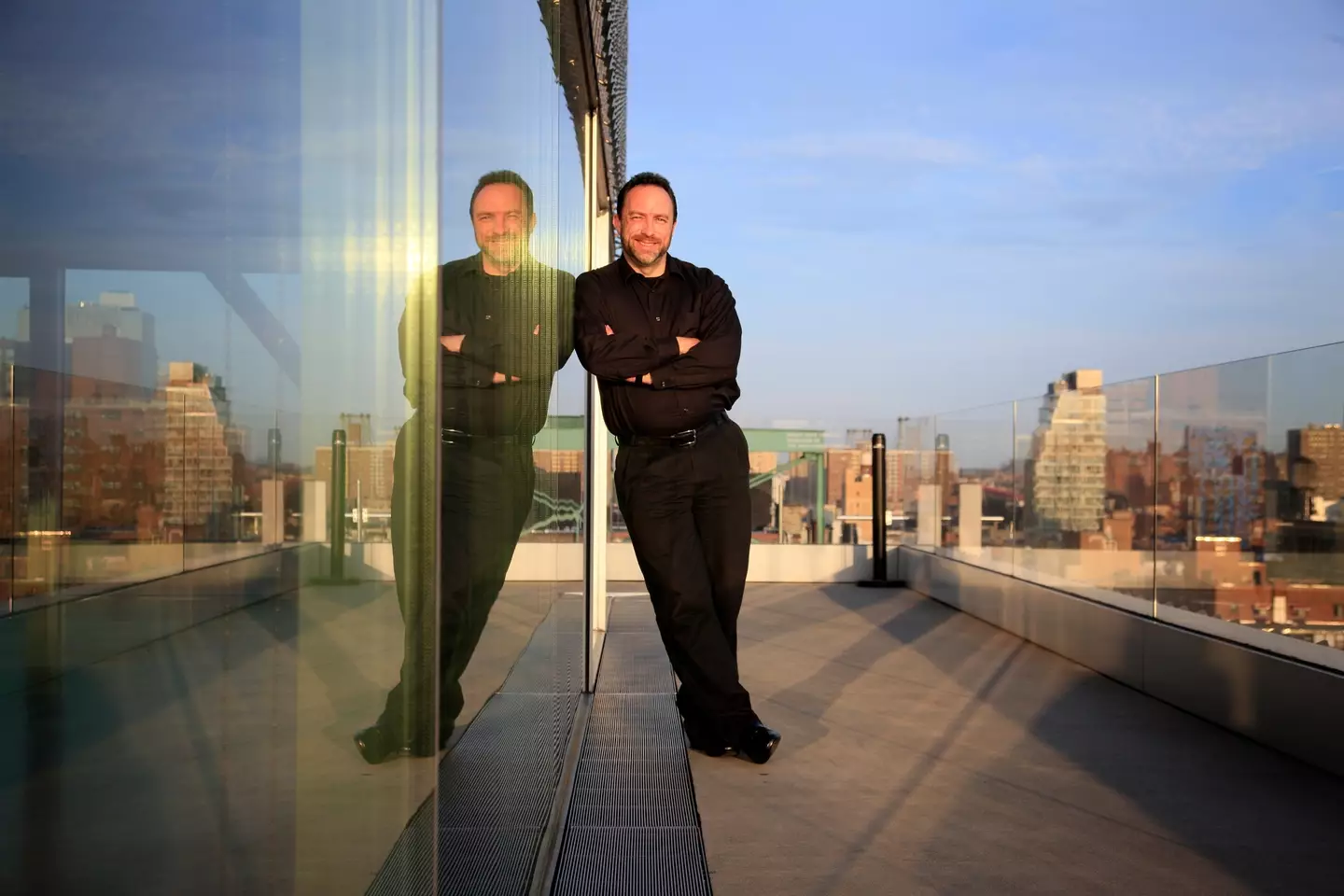
He explained: “My common example is chronic disease communities online, people who want to meet other people who are facing the same issues they face and have a frank conversation about it.
“A lot of that can take place on Twitter, but you don’t want to be under your real name.
“Maybe it’s very personal – so there are a lot of good reasons for anonymity, and it’s hard to preserve those if you are going to make everybody identify themselves.
“It’s a really hard set of problems and I’m not sure anybody has a real clear path for that.”
On the subject of free speech, he referred to Musk as a ‘fantastically talented troll’, adding: “Elon himself – I think – has behaved in bad ways on Twitter that I think shouldn’t be allowed on the platform.
“We have to remember, Twitter is not a monopoly, there’s loads of other platforms and places, we should be really focused on thinking about that competitive landscape.
“If you don’t like the moderation policies on one service, you can go somewhere else.
“You’ve got to ask, if you take a view that you’re trying to build some kind of constructive fun space for people to have real conversations about [often] political matters, you can understand that of course it’s going to get heated.
“At the same time, it should be about viciously attacking people.
“[If] you call someone a ‘pedo’ – a private individual [as Musk did, although he later won the defamation case against him] – is that really on?
“It doesn’t seem on to me.”
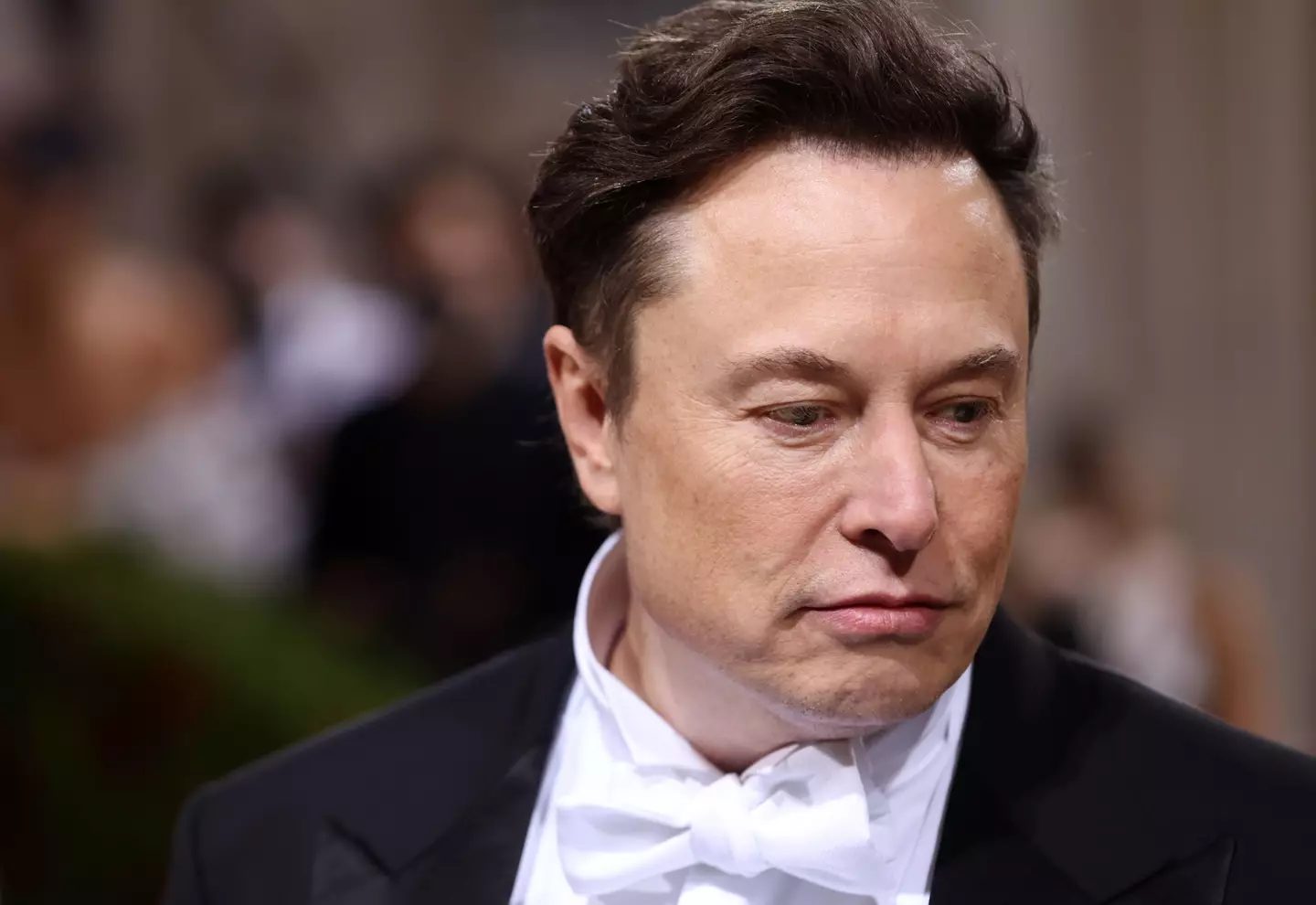
He continued: “I’m not sure that makes a nice platform, I’m not sure I would say that is the right way to behave.
“Actually, I’m sure I would say it’s terrible.
“This is the point where I think it’s a huge risk for Twitter and Elon Musk, because if you go to far – or very far at all down that path from where Twitter is now – I think you start to lose market share.
“I think a lot of people are gonna go ‘yeah, you know what this isn’t pleasant, I’m not having fun anymore, I post something and all I get is psychopaths tweeting aggressive nasty stuff at me, I’m just gonna take myself to somewhere pleasant.’
“[Even] people with huge followings – big celebrities for example – they’re willing to put up with quite a lot, but ultimately they’re going to go ‘what’s in it for me?’
“They may move to other platforms that are looking after the tone a lot better.”
However, there are a few obvious upsides to using personal verification on Twitter in order to clean the place up.
Wales argued that Facebook’s ‘real name policy’ means that some people are moved to ‘behave better, because [their] family and friends are going to see it’.
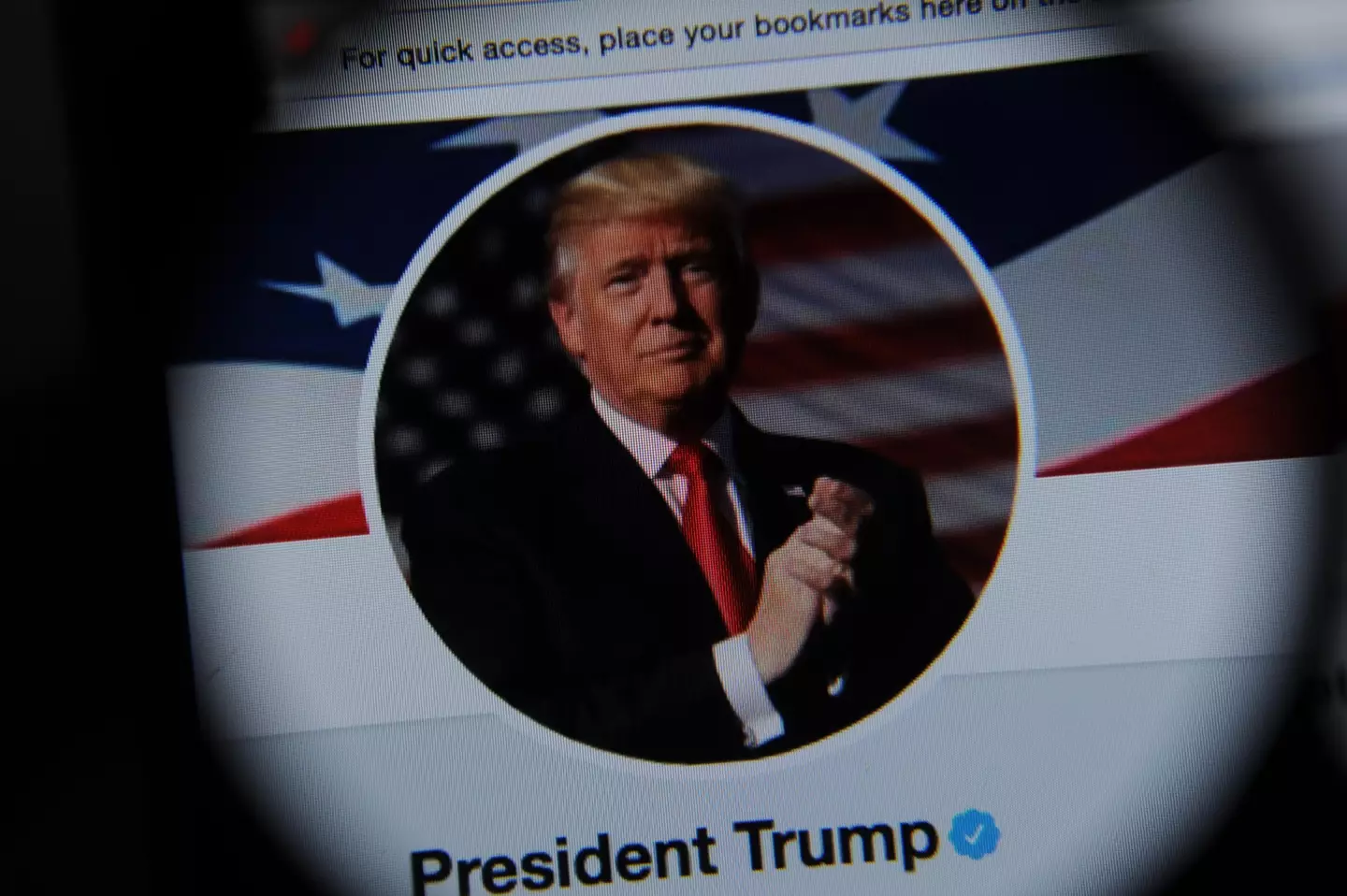
He explained: “That basic instinct that Elon would have – although there are a lot of hard problems and questions around that – is probably not a bad instinct.
“It is going to make a big impact on people’s behaviour.”
These decisions are set to make a huge impact on Twitter if and when Musk’s deal does eventually go through and could shape the nature of political discourse online for the long haul.
There’s a tight balance to be struck between free speech and giving those with the loudest voices and most radical views freedom to organise and do as they please.
The answers that the world’s richest man finds to these questions will come to define his time at Twitter, and whether the millions of users stick around to find out about it.
Topics: World News, Elon Musk, Twitter, Politics